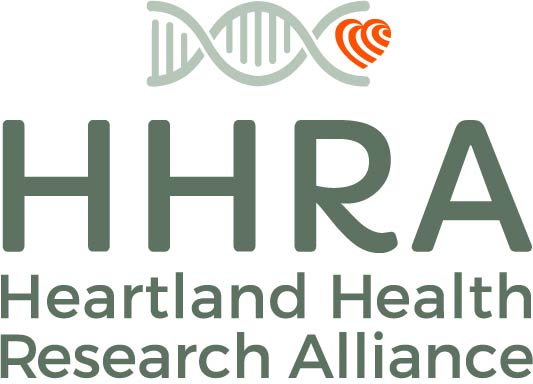HHRA is developing a novel, new model for funding and managing cutting-edge science.
Public funding for long-term research on the impacts of agrichemicals and farm production systems and technology has not kept up with need. Not by a long shot.
Unfortunately, across the federal and state agencies, funding public health science, agrichemical impacts on pregnant women, fathers-to-be, and children’s development too often falls into the “too hot to handle” category.
Many stakeholders openly oppose such research and view it has a possible threat to their economic interests. It is far easier to discourage public investment in a given research project than to build and sustain scientific and social support for it.
HHRA is striving to create a new model, or mechanism, to bundle resources in support of public health research on critical, but sensitive food and farming system public health challenges. We are tackling this challenge by:
- Seeking funding from a diversity of foundations, individuals, and private entities that share HHRA’s goals,
- Forging partnerships with university faculty members, analytical labs, and clinical centers to take advantage of the enormous, past investments in their capacity to conduct quality science,
- Minimizing overhead costs so that the bulk of funding received supports new science,
- Always letting our scientific teams determine how best to find answers to significant public health quandaries, and not allowing the building of a department, advancing a career, or the interests of funders drive the focus of research, and
- Letting the scientific chips fall where driven by credible data, in the hope that over time confidence will grow in both the results of farm and food-focused public health research and the need for change to tilt the odds toward health and well-being for the next generation of children born in the Heartland.
